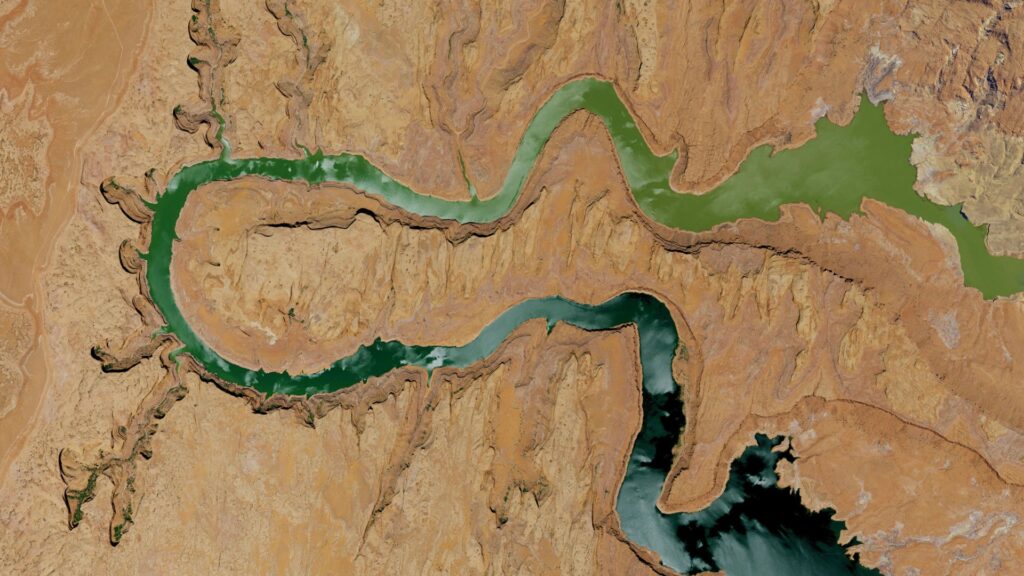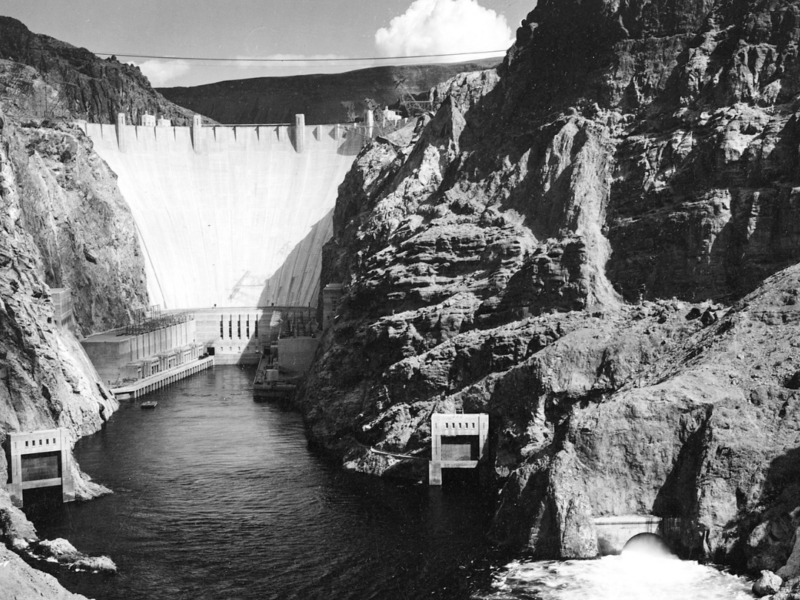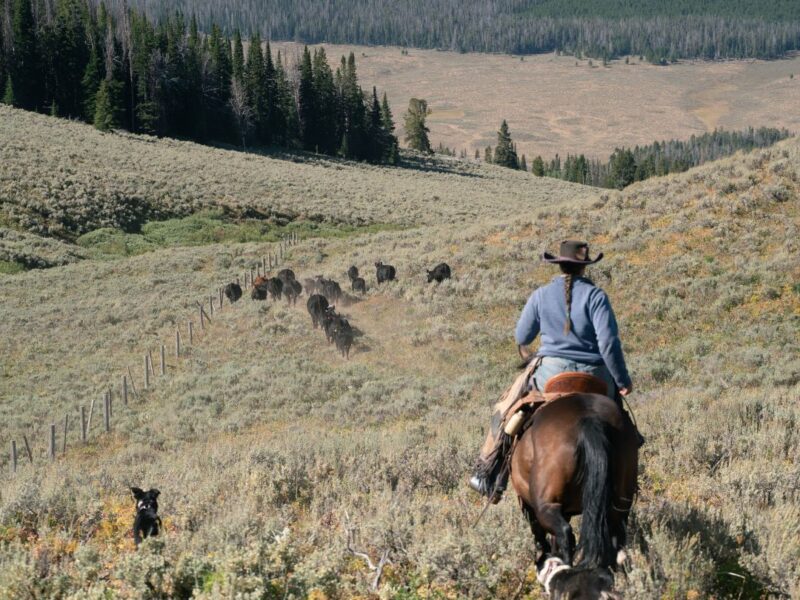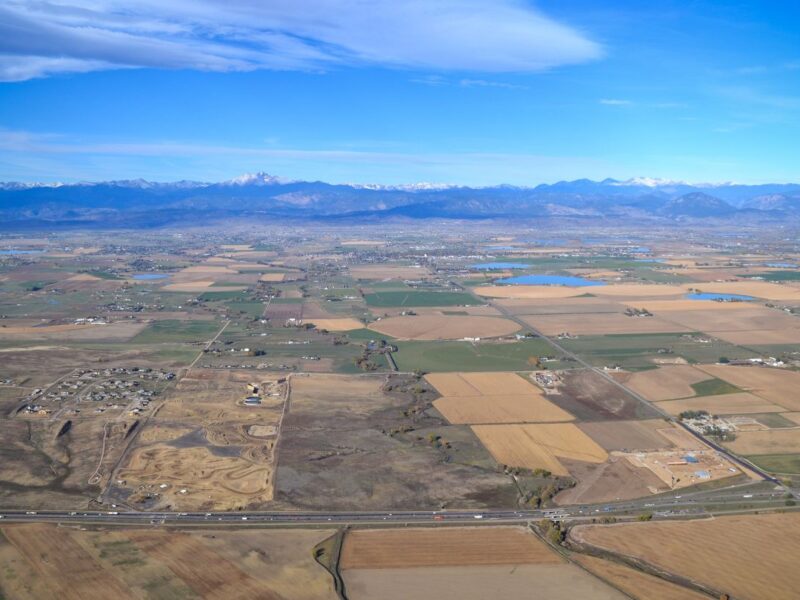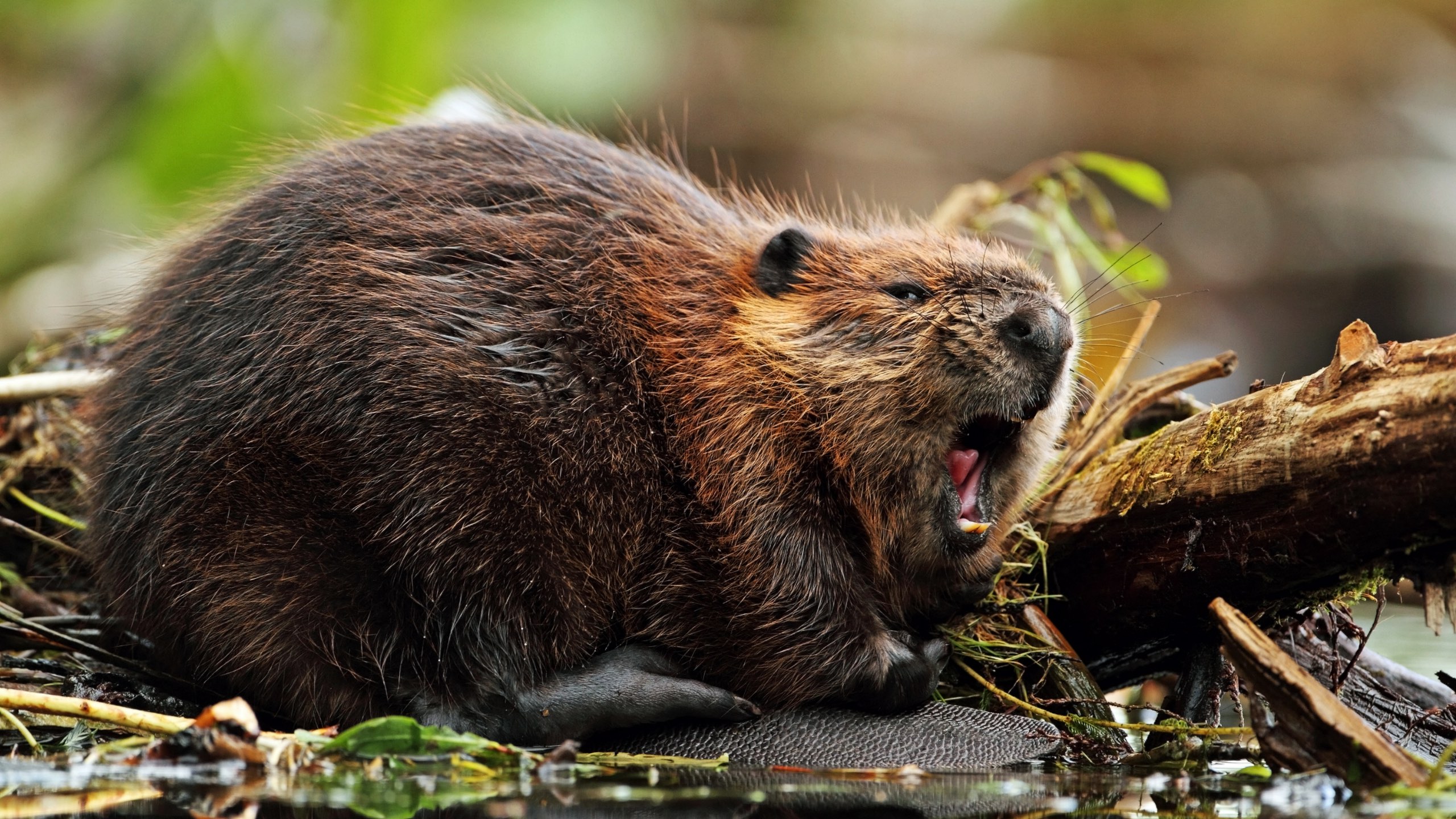
Water Weekly for September 12th
If you can only read three stories about Western Water this week, read these:
1. California says the beaver can be superhero in fighting climate change
Anyone who has read Eager, the award-winning book about the North American beaver by Ben Goldfarb, will know, California has long had a difficult relationship with the robust rodent. So the announcement this week that the state’s Department of Fish and Wildlife is launching a beaver restoration unit, and hiring a senior wildlife ecologist to lead it, is a real “watershed moment” for the beaver believers out there, puns Kate Lundquist, leader of the Water Institute at the Occidental Arts and Ecology Center in Sonoma County. The new ecologist will “assist in the development of policy and methods regarding nature-based restoration solutions involving beavers and Beaver Dam Analogs,” according to the job description. It is the clearest sign yet that the agency has finally come around on the benefits of beavers outweighing the costs. The evidence has been mounting. As reporter Nathan Solis writes, “In a 2020 study, researchers showed that beaver-dammed corridors were relatively unharmed by wildfires compared with other areas without beaver damming.”
2. Colorado River megadrought got you down? Feel hope with TikTok’s ‘WesternWaterGirl’
Heads up, headline writers: just because a young person is interested in an important topic doesn’t mean their messages about it are hopeful. WesternWaterGirl (real name: Teal Lehto, of Durango, Colorado) posts TikTok videos on the western water crisis that are rightly raising alarm bells among her followers, which number nearly 50k. Don’t blame KUNC/NPR water correspondent Luke Runyon (reporters rarely write the headlines) who took the time to cover his new media competition in the Colorado River water crisis explainer space. “The region’s water infrastructure, and the problems that come with managing it, is confusing,” writes Runyon, so finding someone who is breaking through to new audiences on the importance of the crisis is perhaps the hopeful part. Lehto says turning to TikTok was born out of frustration from feeling shut out of the discussion on the future of the rivers she loves. “A lot of what’s happening in the water conservation world is happening in an echo chamber. They’re just talking to themselves and the general public is not hearing it or what they’re hearing is just little snippets, so they don’t understand it,” she tells Runyon. If you know someone who has told you that Water Weekly, for instance, is “TL;DR,” send them WesternWaterGirl’s way. With nearly a 850,000 views on her post explaining the cuts the Bureau of Reclamation imposed after their deadline for a water savings agreement passed in August, WesternWaterGirl is getting the youth up to speed quickly.
3. ‘Water is our most precious resource’: alfalfa farmers asked to give up crop amid megadrought in US south-west
Yes, this story is from The Guardian, but don’t discard it immediately. Reporter Jessica Fu talked with enough farmers in the Imperial Irrigation District in California, and elsewhere, to get a full picture of the pressures, constraints and systems that shape choices about what grows where. While one farmer defends growing alfalfa for export by noting the interconnectedness of the global food system (“We can’t just starve people because countries don’t have the infrastructure to feed themselves.”) another points out that cutting down on alfalfa made business sense for his operation. “In addition to conserving water, the decision allowed him to diversify revenue streams and practice ground rotation, which comes with soil health benefits,” writes Fu. The common ground between those questioning the future of crops like alfalfa and the farmers that grow it? Fu writes, “What farmers and environmental advocates tend to agree on is that adapting to a water-scarce future requires a substantive re-evaluation of the current food system and that funding can be a useful incentive to help growers switch to more water-efficient crops.” She quotes both the VP of climate resilient water systems at the Environmental Defense Fund and Grand Junction farmer Landon Wilson on that point. Both believe in farmers’ ability to adapt to changing conditions, especially if the market signals are right.
Get the Water Weekly in your Inbox each week.
